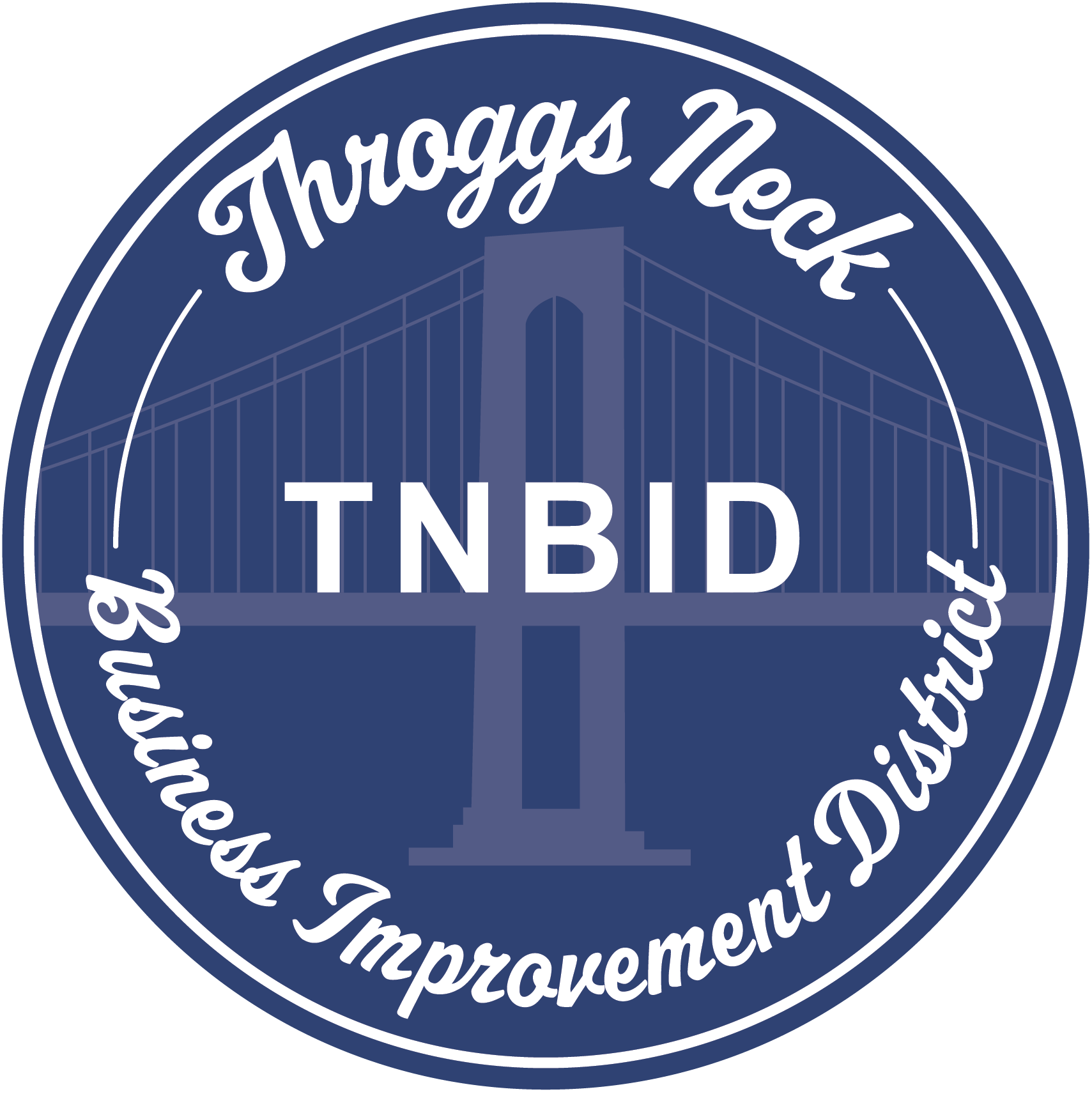Adjacent Properties
The City will allow restaurants to expand seating to the frontage of adjacent properties, as long as the adjacent property owners formally agree to the use of the space for a specified period of time and commit not to charge a fee for its use. The City will work with the State Liquor Authority on any requirements associated with extending alcohol service to the expanded seating in front of adjacent properties. In early October, the New York City Department of Transportation (DOT) will issue a template agreement and provide instructions on how to file the agreements. Adjacent properties may not be used prior to the release of official instructions and formal agreements.
Heating
As cooler weather arrives, the City will allow restaurants to incorporate heating elements into their outdoor dining setups. Electrical heaters will be allowed on both sidewalk and roadway. Propane and natural gas heaters will be allowed on sidewalks only; they will remain prohibited in roadway seating. Propane will require a permit from FDNY and compliance with FDNY regulations for outdoor use, handling and secure outdoor tank storage overnight. Official guidance on what will be considered approved installation and use of heating elements will be released before the end of September, and restaurants are prohibited from installing heating elements until guidelines are released and followed.
Tents
Restaurants will also be permitted to use tent enclosures to keep diners warm. In partial tent enclosures, at least 50% of the tent’s side wall surface area must remain open and electrical heaters are allowed. In full tent enclosures, the tent’s side walls may be closed but occupancy limitations will be capped at 25% of capacity, and indoor dining guidelines must be followed; electrical heaters will also be allowed. Enclosed structures, such as plastic domes, will be allowed for individual parties and must have adequate ventilation to allow for air circulation.
Roadway Safety
As the program’s duration will now continue through the winter months, and winter weather creates potential for inclement weather to impact road conditions, the City will engage the restaurant industry and other stakeholders to develop additional safety features to further strengthen roadway barriers. To ensure timely implementation, the City will require restaurant owners to comply with new safety features by November 15, 2020. In addition, significant snow events may necessitate the temporary removal of some barriers from the roadway.
if you have any questions please visit nyc.gov/reopeningbusinesses or call our hotline at (888) SBS-4NYC.



